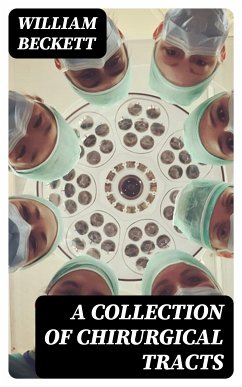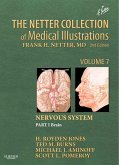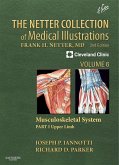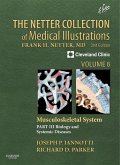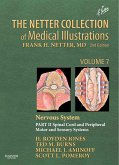In "A Collection of Chirurgical Tracts," William Beckett presents a meticulously compiled anthology that delves into the intricate world of surgery and its evolving practices during the 18th century. The work is characterized by its detailed, empirical observations and a clear yet sophisticated prose style that reflects the Enlightenment's emphasis on reason and evidence. Beckett's treatises, which explore various surgical techniques and philosophical underpinnings, situate the practice within both a medical and cultural context, highlighting the tensions between tradition and innovation in surgical practice. William Beckett, a prominent figure in the realm of medical literature, was informed by his extensive training in anatomy and surgery, as well as by the progressive medical thinking of his time. His comprehensive understanding of surgical methods and dedication to advancing medical knowledge is evident in this collection. Beckett's experiences reflect the broader transitional period of the medical community, marked by increased professionalization and the challenges posed by evolving medical theories. This compelling collection is highly recommended for scholars and practitioners alike, offering both historical insight and practical knowledge. Beckett's work not only enhances our understanding of the surgical arts but also serves as an essential resource for those interested in the development of medical science and the ethical considerations of practice.
Dieser Download kann aus rechtlichen Gründen nur mit Rechnungsadresse in A, B, BG, CY, CZ, D, DK, EW, E, FIN, F, GR, H, IRL, I, LT, L, LR, M, NL, PL, P, R, S, SLO, SK ausgeliefert werden.

